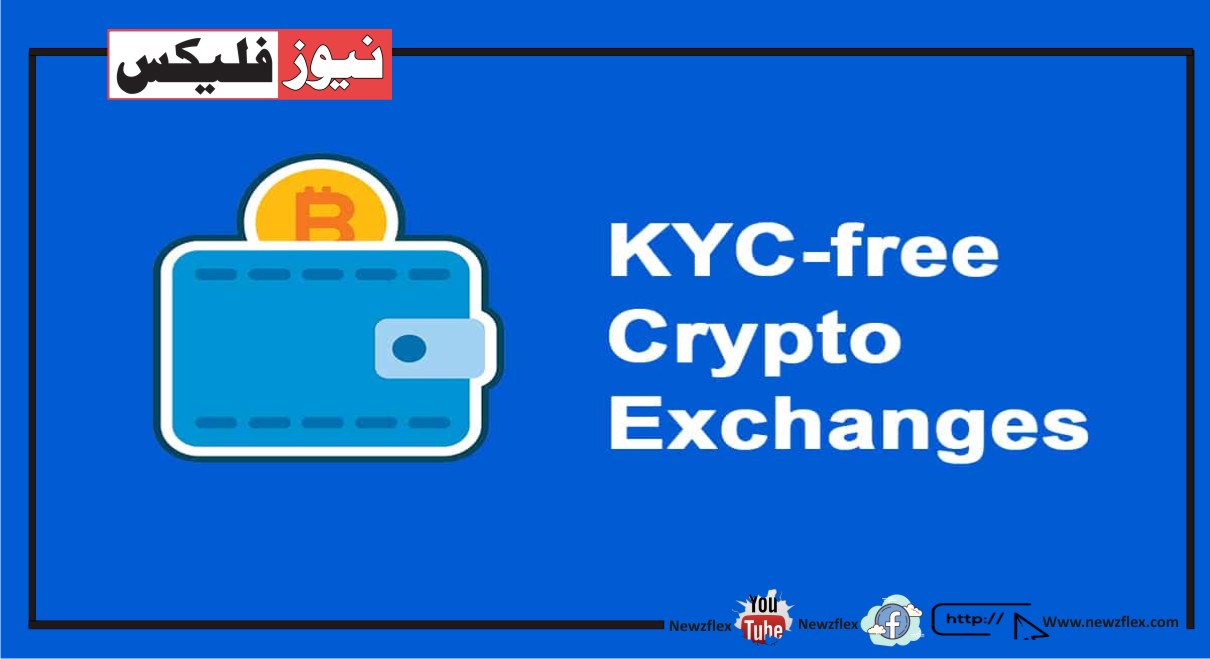
Top Instant Exchanges Where You Can Swap Crypto with No KYC
It’s important to note that the regulations regarding Know Your Customer (KYC) requirements for cryptocurrency exchanges can vary depending on the jurisdiction and the specific exchange. KYC procedures are implemented by exchanges to verify the identity of their users and comply with anti-money laundering (AML) and counter-terrorism financing (CTF) regulations.
That being said, some cryptocurrency exchanges may offer limited or no KYC requirements for certain transactions or up to a certain trading limit. However, it’s crucial to conduct your own research and due diligence to ensure compliance with local regulations and assess the security and reputation of any exchange you consider using. Here are a few exchanges that are often mentioned in discussions related to minimal or no KYC requirements:
1. Bisq: Bisq is a decentralized peer-to-peer exchange that allows users to trade cryptocurrencies directly with one another without a central authority. It prioritizes user privacy and doesn’t require KYC for trading, although individual traders may request some verification.
2. Changelly: Changelly is an instant cryptocurrency exchange that allows users to swap one cryptocurrency for another. While Changelly may not require KYC for smaller transactions, it may prompt users to complete a verification process for larger amounts or in certain circumstances.
3. Flyp.me: Flyp. I am another non-custodial exchange that enables users to swap cryptocurrencies instantly. It doesn’t require user accounts or KYC procedures for transactions.
4. Godex: Godex is an anonymous cryptocurrency exchange that allows users to swap cryptocurrencies without the need for registration or KYC verification. It offers a straightforward exchange process.
SimpleSwap: SimpleSwap is a user-friendly cryptocurrency exchange that supports instant swaps between various cryptocurrencies. It generally does not require user registration or KYC procedures for exchanges below certain limits.
Uniswap: Uniswap is a decentralized exchange (DEX) built on the Ethereum blockchain. It operates in a permissionless manner, allowing users to trade ERC-20 tokens directly from their wallets without the need for KYC.
Remember, the cryptocurrency landscape is dynamic, and regulations can change over time. It’s crucial to stay informed about the legal requirements in your jurisdiction and the specific policies of any exchange you choose to use.
What Is KYC: Main Advantages and Disadvantages
KYC, or Know Your Customer, is a process implemented by financial institutions, including cryptocurrency exchanges, to verify the identity of their customers. The main goal of KYC is to prevent identity theft, fraud, money laundering, terrorist financing, and other illegal activities. Here are the main advantages and disadvantages of KYC:
Advantages of KYC:
1. Security and Risk Mitigation: KYC procedures help ensure that the individuals using financial services are who they claim to be. By verifying customer identities, financial institutions can reduce the risk of fraudulent activities, such as identity theft and account takeovers.
2. Compliance with Regulations: KYC is a crucial component of regulatory compliance, as it helps financial institutions adhere to anti-money laundering (AML) and counter-terrorism financing (CTF) regulations. By implementing KYC, institutions demonstrate their commitment to combating financial crimes and maintaining the integrity of the financial system.
3. Customer Protection: KYC measures provide a level of protection for customers by ensuring that their transactions are secure and that their funds are not being used for illicit purposes. It helps create a safer environment for legitimate financial activities.
4. Reputation and Trust: Strong KYC practices can enhance the reputation and trustworthiness of financial institutions. Customers are more likely to trust an institution that takes measures to verify their identity and protect their interests.
Disadvantages of KYC:
1. Privacy Concerns: KYC involves the collection and storage of personal information, which can raise privacy concerns for individuals. Some people may be hesitant to share their details, especially in an era where data breaches and unauthorized access to personal information are on the rise.
2. Additional Administrative Burden: KYC processes can be time-consuming and require customers to provide various documents and undergo identity verification procedures. This can lead to delays in onboarding and transactions, causing inconvenience for customers.
3. Exclusion of Unbanked or Underbanked Individuals: Strict KYC requirements may pose challenges for individuals who have limited access to identification documents or financial services. This can exclude certain populations from participating in the formal financial system.
4. Increased Cost: Implementing robust KYC measures can result in increased operational costs for financial institutions. These costs may be passed on to customers in the form of higher fees or account maintenance charges.
It’s important to strike a balance between effective KYC practices and the need to respect privacy rights and ensure financial inclusion. Regulatory frameworks and evolving technologies are continuously shaping the landscape of KYC processes to address these concerns.
The Bottom Line
In conclusion, it’s important to understand the legal and regulatory landscape of your jurisdiction when it comes to gambling, online betting, and cryptocurrency exchanges. Laws and regulations can vary, and it’s crucial to comply with them to avoid legal consequences.
When engaging in any financial or investment activities, it’s advisable to conduct thorough research, seek advice from professionals if needed, and exercise caution to protect your interests. Be aware of the risks involved, such as potential financial loss, privacy concerns, and the security of your personal information.
As regulations and technologies evolve, it’s essential to stay informed about any changes that may affect the legality, security, or usability of gambling platforms, online betting sites, or cryptocurrency exchanges.
Remember that while I strive to provide accurate and up-to-date information, my responses are based on my knowledge cutoff in September 2021, and the situation may have changed since then. Always refer to the latest legal information and consult with relevant authorities or experts when needed.








